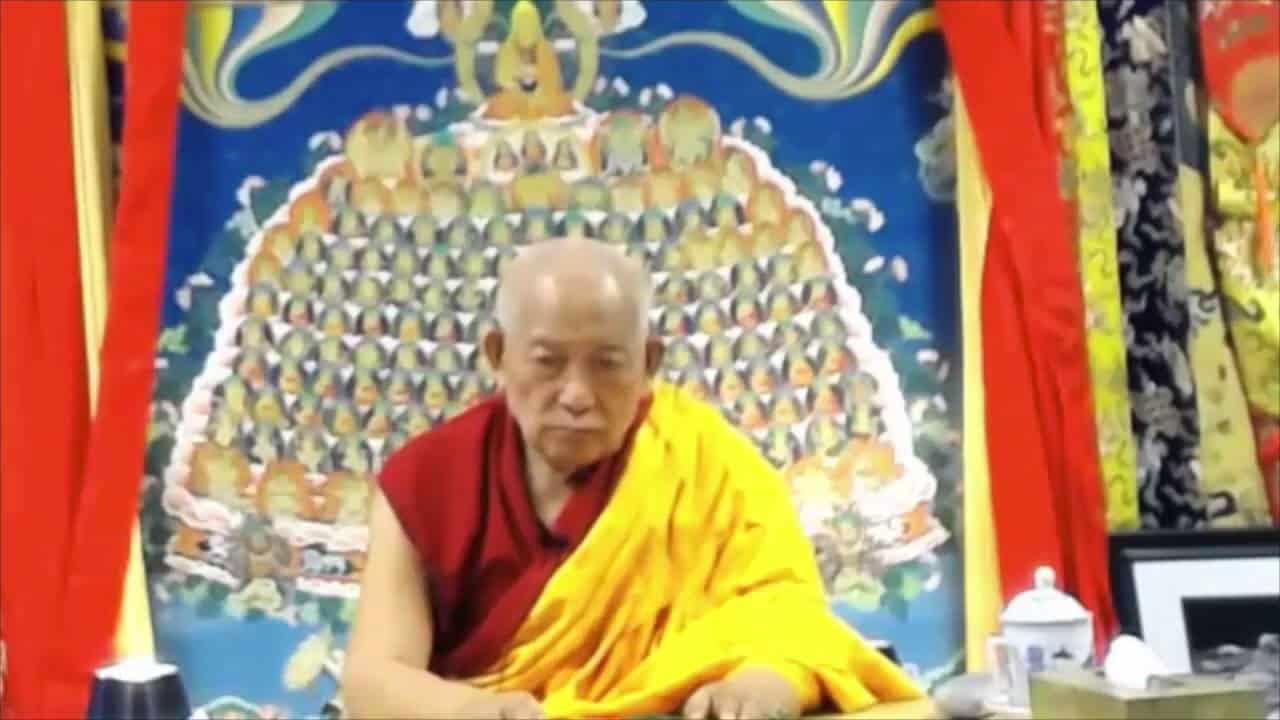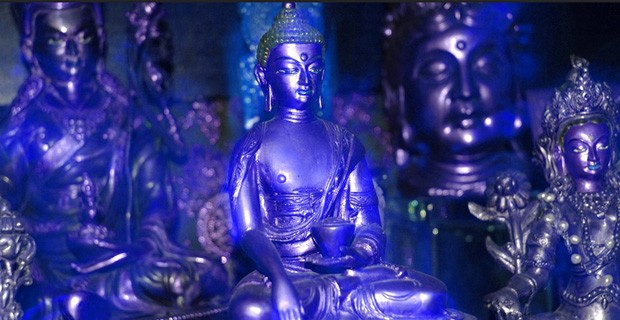Chapter 9: Verses 219-225
Chapter 9: Verses 219-225
Part of a series of teachings on Aryadeva’s 400 Stanzas on the Middle Way given on an annual basis at Sravasti Abbey by Geshe Yeshe Thabkhe beginning in 2013.
- Why buddhas do not mention the existence of permanent particles
- Refuting the substantially established liberation and truly existing liberated person
- Unfeasibility of substantially established cessation
- Refuting the permanent liberation consisting of consciousness imputed by Samkhyas
- Refuting permanent liberation consisting of the potential for the existence of consciousness
- Suitability of the complete abandonment of conceptions of a self as liberation
- Arguing the unsuitability of refuting true existence
Geshe Yeshe Thabkhe
Geshe Yeshe Thabkhe was born in 1930 in Lhokha, Central Tibet and became a monk at the age of 13. After completing his studies at Drepung Loseling Monastery in 1969, he was awarded Geshe Lharampa, the highest degree in the Geluk School of Tibetan Buddhism. He is an emeritus professor at the Central Institute of Higher Tibetan Studies and an eminent scholar of both Madhyamaka and Indian Buddhist studies. His works include Hindi translations of The Essence of Good Explanation of Definitive and Interpretable Meanings by Lama Tsongkhapa and Kamalasila's commentary on the Rice Seedling Sutra. His own commentary, The Rice Seedling Sutra: Buddha’s Teachings on Dependent Arising, was translated into English by Joshua and Diana Cutler and published by Wisdom Publications. Geshela has facilitated many research works, such as a complete translation of Tsongkhapa’s The Great Treatise on the Stages of the Path to Enlightenment, a major project undertaken by the Tibetan Buddhist Learning Center in New Jersey where he teaches regularly.


